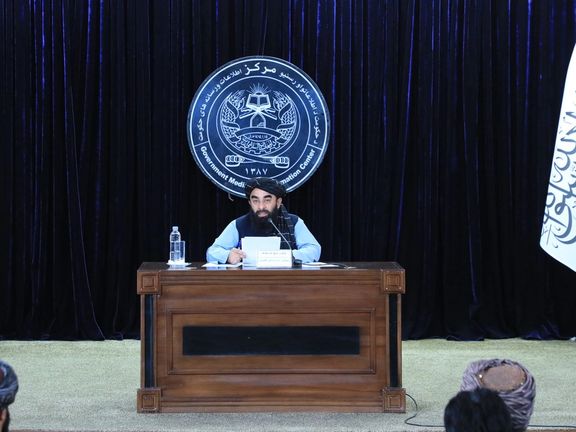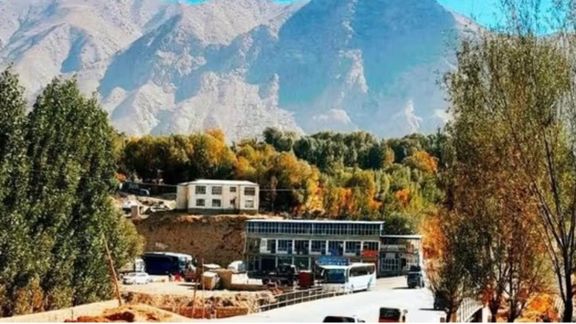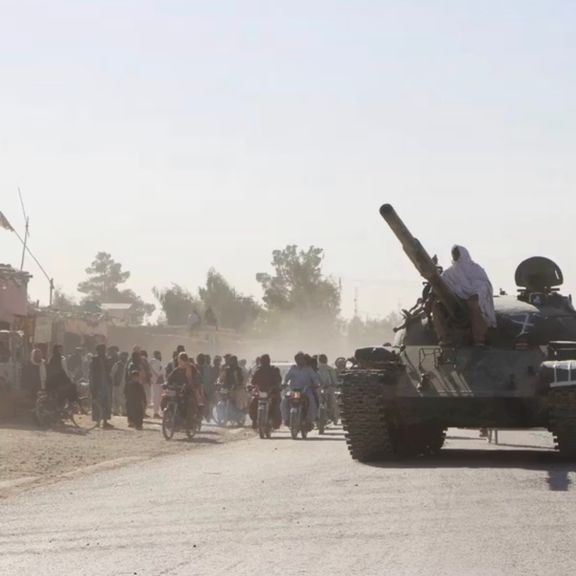The county has called for an end to cross-border militant attacks originating from Afghanistan. The mediators, Islamabad said, will raise these concerns directly with the Taliban delegation.
Foreign Ministry spokesperson Tahir Andarabi told reporters that Pakistan’s principal demand is a halt to “cross-border terrorism.”
The third round of talks between the Taliban and Pakistan began Thursday afternoon in Istanbul. Pakistani officials said their delegation presented a detailed list of demands on the first day in separate meetings with the mediators and Taliban representatives.
Pakistani media, citing official sources, reported that Islamabad’s key demands include preventing militant infiltration from Afghanistan, taking concrete action against anti-Pakistan groups based on Afghan soil, and an official Taliban declaration distancing itself from Tehreek-e-Taliban Pakistan (TTP).
Pakistan is also seeking written guarantees from the Taliban that they will curb the activities of anti-Pakistan militants in Afghanistan and formally designate the TTP as a terrorist organisation.
The current round of talks is being attended by senior officials, including Pakistan’s Inter-Services Intelligence (ISI) chief, Lt. Gen. Asim Malik, and Abdul Haq Wasiq, head of the Taliban’s intelligence agency. Analysts say the involvement of high-ranking figures is intended to overcome the stalemate from the second round, which ended without results.
The first round of talks in Doha led to an immediate ceasefire, while the second round in Istanbul failed to produce an agreement.
Despite renewed efforts, the negotiations remain fragile, and it is unclear whether the third round will yield a breakthrough.
As the talks began Thursday, border forces from both sides exchanged fire in Spin Boldak, Kandahar, killing at least five people. Each side accused the other of initiating the clash.






